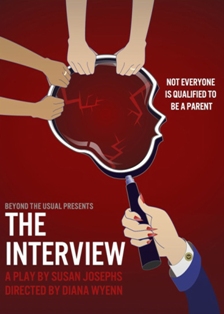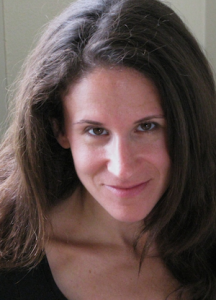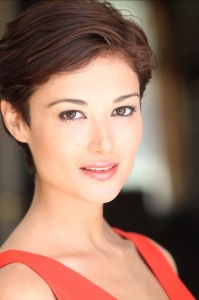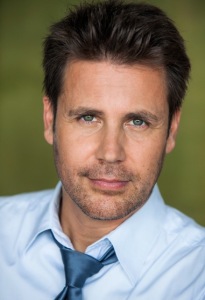When you learn the story line of The Interview, a new play running in LA this month, you will know why it immediately interested me! It deals with what I call the pronatalist Right to Reproduce Assumption in my book, The Baby Matrix. Check out my interview with the playwright, Susan Josephs:
Can you summarize for readers the story line of The Interview?
The Interview explores a time in the not-so-distant future where parenthood exists under the firm control of the federal government. All females must be implanted with a contraceptive rod upon hitting puberty and becoming pregnant requires a rigorous application process and interview. Basically, it is now easier to get accepted into Harvard than become a mom or a dad.
Those lucky enough to be deemed qualified must remain compliant with all the laws and regulations on best practices for child-rearing otherwise they will lose their right to be parents.
First-time applicants Jenna and Steven are among the lucky ones who have beaten the odds. They’ve made it through most of the screening process and have landed a coveted final interview with the U.S. Department of Parenting and Child Welfare. However, when they sit down with their state-licensed interviewer and the questioning begins, all three quickly realize that nothing could have prepared them for what they will learn about themselves – and each other.
Both social satire and psychological drama, the play asks questions about personal freedom, the dimensions of oppression, the nature of romantic love and the struggle to remain emotional and ethically honest in a world where critical thinking and non-conformity can have devastating consequences.
What inspired you to write this play?
The idea first came to me when I applied to graduate school in 2010. The academic application process made me think about how much of our lives revolve around being evaluated or competing with others for some chosen slot, whether a job, a master’s degree program, a sports competition or some other contest. At that point in my life, I had also just gotten married and many people – friends and strangers alike — were asking me whether I planned on having kids. So I started thinking about how being able to biologically bear your own child seems like one of the last things in our society that people can just do without having to apply, interview or compete.
From there, I began thinking about how people who want to adopt children or even pets have to undergo intensive screening processes as opposed to anyone who can naturally bear children. And I started to imagine a world where natural childbearing and rearing – something our society views as a basic human right – becomes something super-difficult to achieve.
I was also inspired by years of observing the different child-rearing techniques and philosophies espoused by my friends who became parents. When I read articles about parenting, I was always struck by how impassioned so many parents seemed to be on any given child-rearing issue — from vaccination to breast-feeding to toilet training. It struck me how convinced some parents seemed to be about the utter rightness of how they were raising their kids and how polarized parenting discussions could get. That got me thinking about a world which no longer tolerated a multiplicity of approaches to having and raising children.
What do you want people to leave thinking about? Inspired to do?
My play is asking the question: where do we draw the line as a society between the quest to improve people’s lives and regulating every aspect of those same lives? In The Interview, the people that lobbied for the legislation to regulate parenting, and consequently, reproduction, wanted to prevent future child abusers from becoming parents. But as the play unfolds, it’s clear that their good intentions have resulted in a highly oppressive society, divided into those who have “qualified” to be parents and those who didn’t make the cut.
Parenthood in this world is the ultimate Holy Grail, where people no longer marry for love and are conditioned to link their self-worth to whether or not they will qualify to be parents. My hope is that this play will resonate with anyone who believes they have a right to live according to their own beliefs and values, whether that means choosing to be parents or childfree.
How does society need to change when it comes to parenthood?
I definitely think that our society has conditioned millions of people to believe that the road to a valid, purposeful adulthood involves having children. I think it’s time we started valuing those who have decided not to have children as legitimate adults who also lead meaningful lives. And I think we need to keep encouraging those public discussions that honestly expose both the joys and difficulties of parenthood. Unlike the world in my play, I hope for a society that does tolerate a multiplicity of approaches to both child-rearing and living childfree.
Thank you, Susan! I can’t wait to see your play~
For more information on the play and Susan go to: http://www.theinterviewplay.com and http://susanjosephs.com




